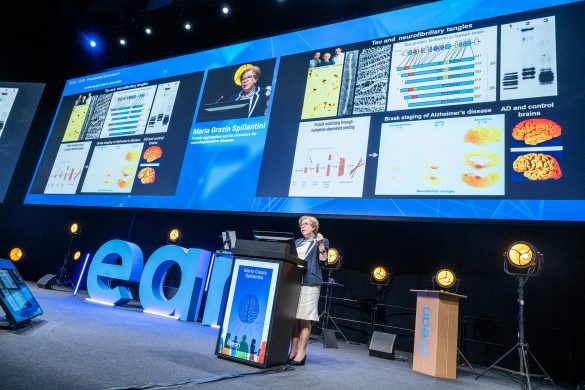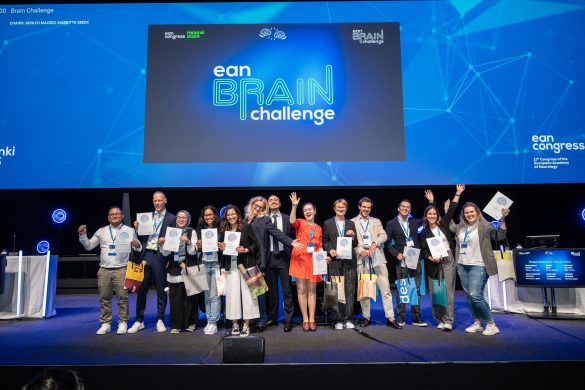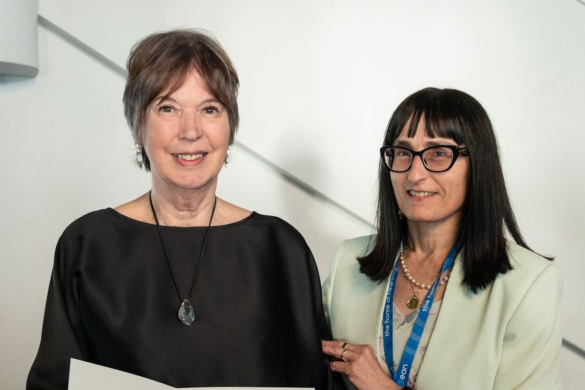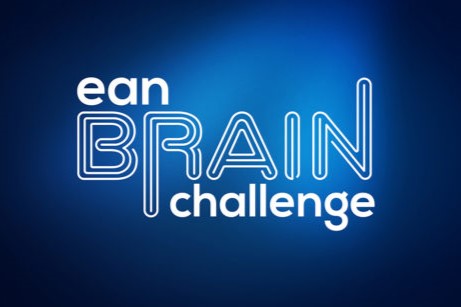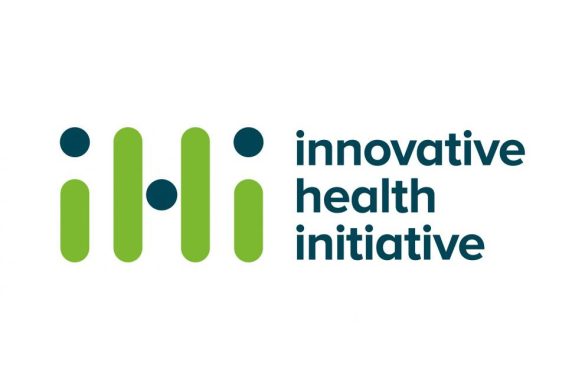Please tell us about your experience with the current COVID-19 Pandemic in your hospital?
As in most hospitals, the current pandemic has had a significant impact on how the hospital is operated. The Department of Neurology was organised according to the following priorities: 1.) Accident & Emergency and Stroke Unit, 2.) Ward, 3.) Outpatient Clinic and Neurophysiology Units. Consequently, many outpatient clinic and neurophysiology appointments have been postponed or cancelled and the corresponding staff now available assigned to the units with higher priority. Similarly, most of the scheduled hospitalisations have been cancelled or postponed as well. In order to protect high-risk patients, face-to-face consultations have been transformed into telephone or video consultations. With the aim of keeping staff infections as low as possible, most units are run by two teams alternating every week and face-to-face interaction between teams are reduced to a minimum. If necessary, social distancing is applied wherever possible, otherwise video conferences have been broadly implemented. To protect patients as far as possible, all staff have been continuously wearing surgical masks for the last few weeks. Last but not least, a small proportion of the neurological workforce was assigned to other departments (e.g. internal medicine or the COVID track, installed in front of the entrance of Accident & Emergency) and the stroke unit started to cover a broader spectrum of patients requiring intermediate care while stroke patients with milder symptoms are now more rapidly or directly transferred to the neurological ward.
What is the impact of the current COVID-19 Pandemic on your neurological training?
The main impact of the pandemic is that neurological training programmes are partially on hold. Due to a variety of reasons, most educational events are cancelled (with the big exception of the EAN annual meeting). Furthermore, rotations within the curriculum are currently frozen, including neurophysiology rotations. The increasing amount and rapid change of information related to the pandemic and its countermeasures (including all technological hurdles) have further impacted the balance between administration and clinical work. While this imbalance might slightly improve soon, it has been present since before the pandemic and will remain after the pandemic. Finally, we will have to catch up on all the postponed consultations, so the highest workload may be yet to come and its ongoing impact on the training will have to be evaluated.
What are the three most important key learning points from your overall COVID experience?
Most of the health care systems in Europe are insufficiently prepared for such a pandemic, which affects the population as a whole and in every possible way.
With most of the work ahead, now is the time to heavily invest in good technological solutions which a.) significantly reduce the time of trainees for administrative work and b.) allow hospitals to adapt more rapidly and adequately to such situations.
The current situation underlines how important connections, exchange of information, and collaboration across borders are in the medical and scientific community, underlining the necessity of an organisation such as EAN.
David Schreier, RRFS representative of Switzerland




